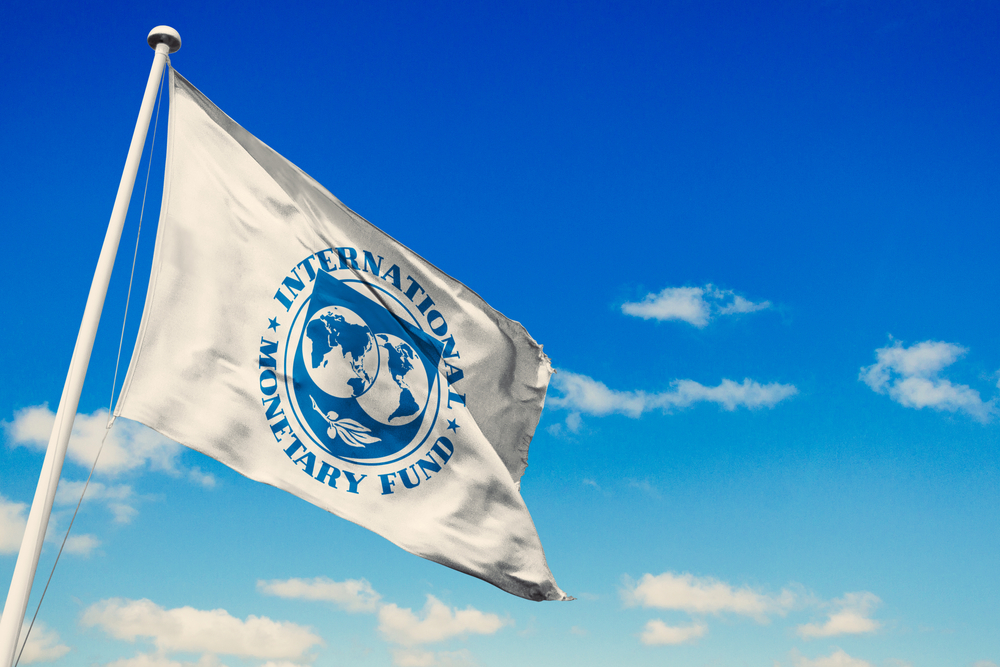Nordic and Baltic governments should consider mechanisms to keep track of their cross-border financial flows to better gauge risks following money laundering scandals over the past years, according to a report by the International Monetary Fund staff, according to Bloomberg.
The advice comes as Nordic banks are wrapping up a string of dirty money scandals dating from before the pandemic. Danske Bank A/S agreed last year to pay $2 billion to end a long-running US probe into money laundering through its Estonian branch while Swedbank AB was fined a record 4 billion kronor ($360 million) by Swedish authorities in 2020 for failing to put a stop to illicit transactions.
The fund pointed out in the report on Monday that cross-border financial flows have increased steadily since 2013 among the Nordic and Baltic countries, adding that their importance for most countries in the region “indicate that a focus on cross-border financial flows is merited.”
Danske Bank said in 2018 that it failed to adequately screen €200 billion ($216 billion) in nonresident cash. It pleaded guilty last December to conspiring to commit bank fraud and said it provided services to suspicious customers, including in Russia, through its branch in Estonia, despite knowing of the money laundering risks, according to the US Justice Department.
“The authorities could consider developing a national mechanism for comprehensive monitoring of cross-border financial flows, particularly for the countries with the most material cross-border payments,” IMF said. “Closer monitoring of cross-border financial flows would provide countries with a deeper understanding of their external money laundering threat environment and evolving cross-border related risks they are facing.”
The report also urged the authorities in the region to strengthen the risk-based supervision of banks and crypto asset service providers, including collection and analysis of more granular information such as transaction-level data.










Trackbacks and Pingbacks